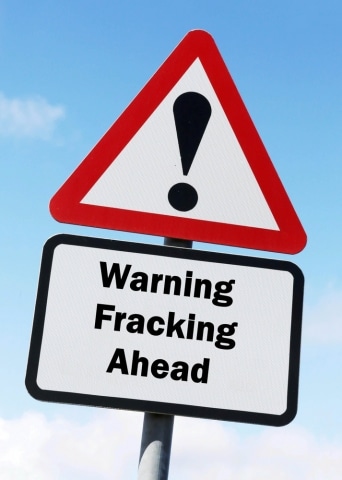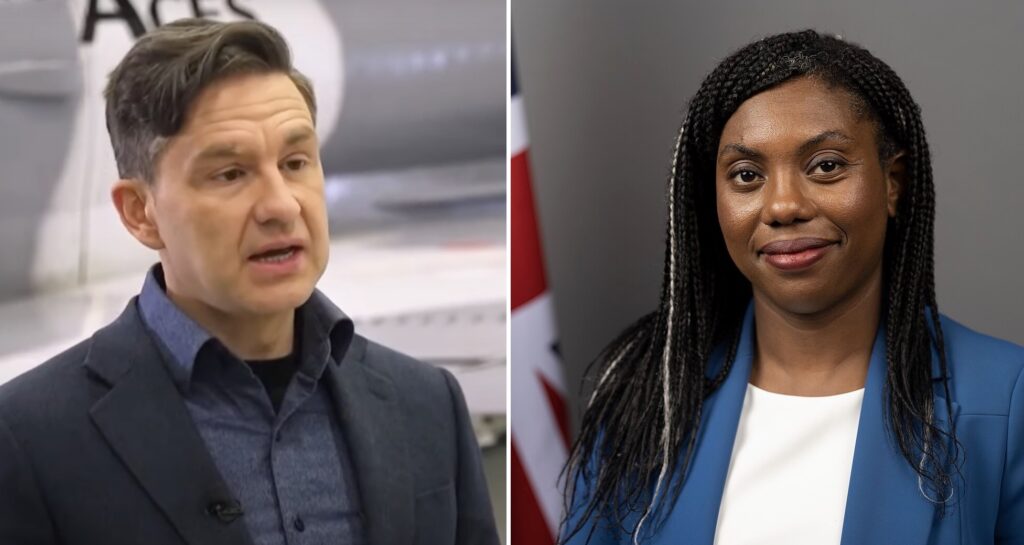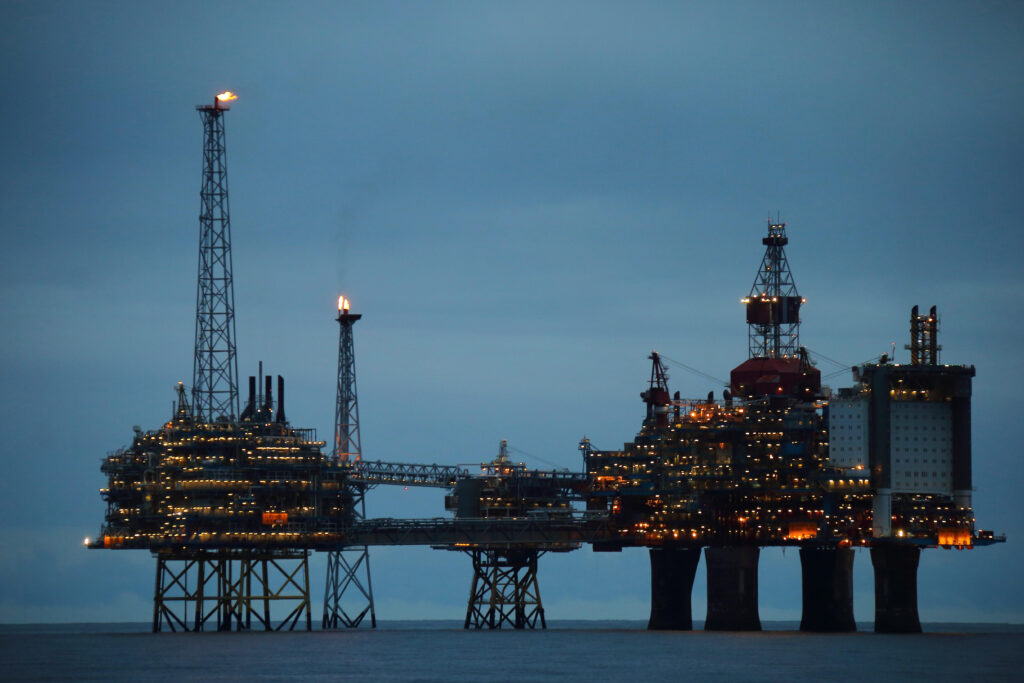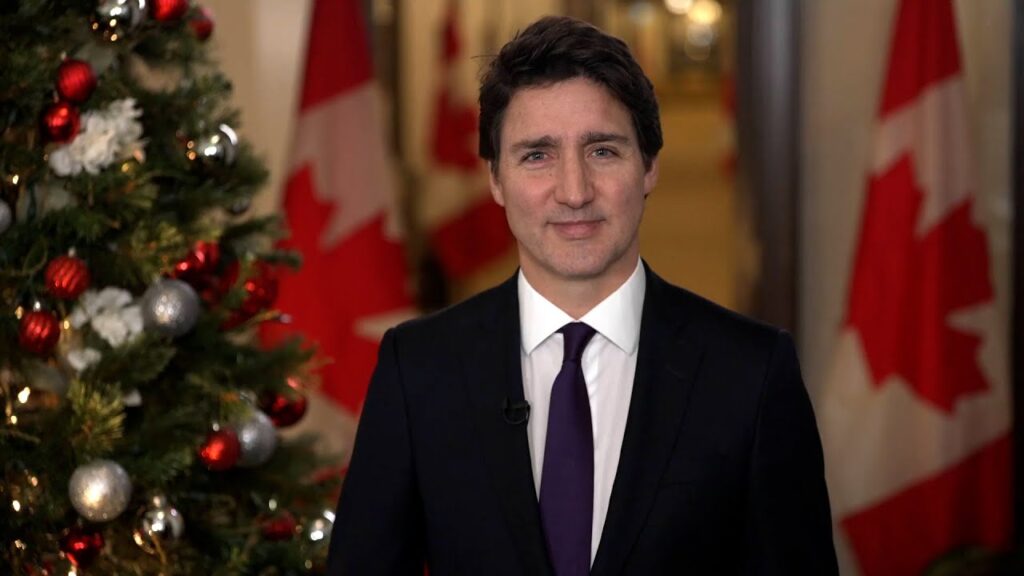Last week brought yet more evidence that investors in oil and gas companies are waking up to the risks of fracking and climate change.
Two natural gas companies, Anadarko Petroleum and EOG Resources, recently struck a deal with New York Attorney General Eric Schneiderman to disclose the financial and environmental risks associated with fracking to their shareholders, including “probable future regulation and legislation” that could impact their operations, according to a statement released by Schneiderman’s office.
The agreement resolves a probe by Schneiderman into the disclosure practices of oil and gas companies begun in 2011.
Business media outlets like Bloomberg are framing the story very much as “oil companies doing the right thing,” but it’s important to note that these companies would not be doing this if they didn’t feel it was in their best interest—and generally whatever keeps shareholders happy is in a company’s best interest.
Bloomberg notes that the oil companies are hoping “to ease public fears about fracking after legal setbacks and concerns over water pollution.” As is becoming increasingly clear, concerns over water pollution are all too valid.
Legal setbacks are probably keeping any fracker in New York up at night, as well, after the New York state supreme court ruled in June that municipalities have the right to adopt their own rules on fracking.
So far, 180 New York towns and cities have issued a ban or moratorium on fracking.
It’s also possible this move is a precursor to New York lifting the state-wide moratorium on fracking that has been in place since 2008. Because the current moratorium was put in place by executive order of Governor David Paterson in 2010, rather than by legislation, it has no expiration date. No one is quite sure if or when current Governor Andrew Cuomo will decide whether or not to lift the moratorium.
But all that being said, appeasing shareholders is more than likely the number one motivator for Anadarko and EOG Resources to disclose these risks.
Last April, oil industry behemoth Exxon became the first company to report on risk associated with “stranded assets”—the idea that its capital, its operations, and its so-called “carbon assets” could be left twisting in the wind if and when the world finally starts to deal with climate change in a meaningful way politically.
Tellingly, Anadarko and EOG, according to Schneiderman’s press release, have also agreed to disclose “company strategies and actions for reducing, offsetting, limiting, or otherwise managing the financial effects of regulation, litigation, or environmental impacts related to fracking.”
This is becoming something of a growing trend in the oil and gas business: assuring your shareholders you have a path to viability over the long-term in the face of louder and louder calls for climate action.
Image Credit: A red and white triangular road sign with a warning about the dangers of Fracking ahead concept against a partly cloudy sky by northallertonman / Shutterstock.com
Subscribe to our newsletter
Stay up to date with DeSmog news and alerts







